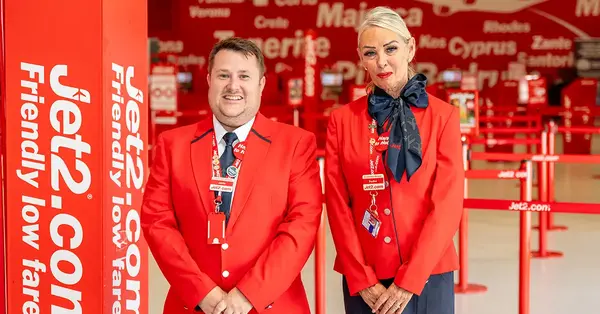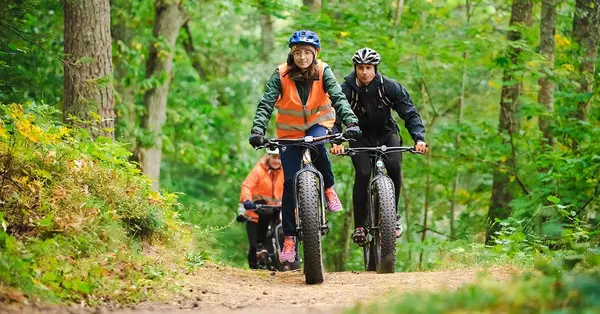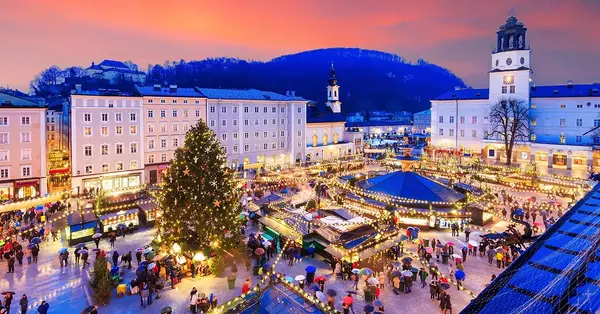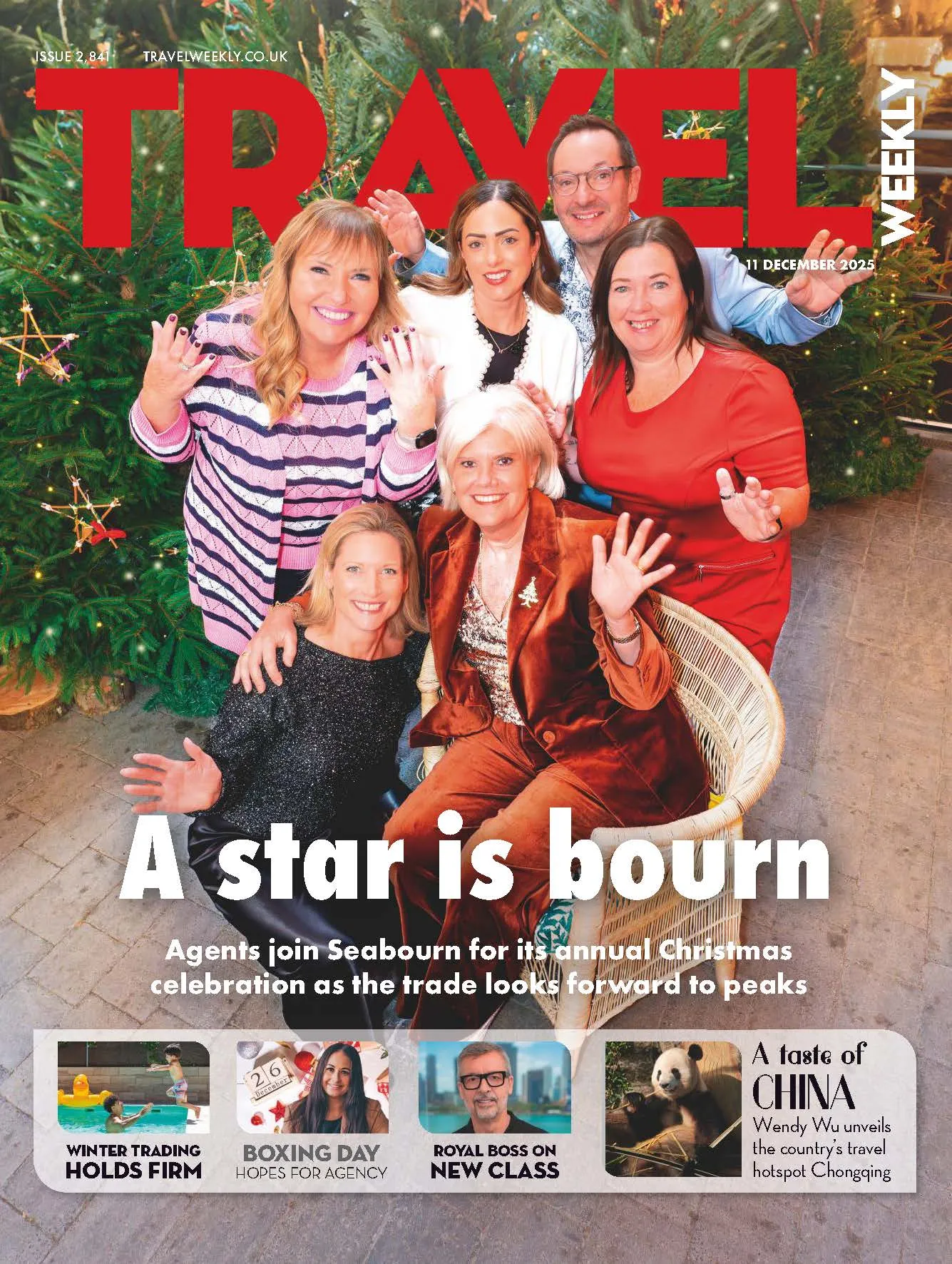You are viewing 1 of your 2 free articles
Comment: Activities and experiences will be at the heart of modern travel
Some of the most precious souvenirs we bring back from holidays are the memories and tales of our travels. Often these stories come from having new experiences, trying different things and feeling the exhilaration that comes from getting out of our comfort zone.
Today’s travellers are hungry for experiential travel and in some cases, the activities they want to partake in will trump the destination itself in terms of importance.
A new poll from YouGov finds that when it comes to planning trips, 13% of British travellers say they are more likely to consider the travel activities and experiences they want to take up over the actual destination.
So while choosing a travel destination undoubtedly remains a critical factor, the emphasis on specific activities and experiences is reshaping the way travellers plan their journeys. The industry will have to keep up with traveller preferences and businesses such as local suppliers, tour operators, destination management companies and travel agencies can all play a role in addressing the demand for experiential travel.
Below are the experiences Brits say they might partake in either domestically or abroad in the next six months.
- Exploring cities (53%)
- Visiting historical sites (49%)
- Go shopping (40%)
- Visit UK national parks (30%)
- Wildlife viewing (24%)
- Visit exhibits (20%)
- Visit a health/wellness spa (17%)
- Take a road trip (16%)
- Dine at high-end restaurants (15%)
- Watch a sporting event (14%)
The data underscores the diverse range of interests that influence travellers' decisions. From cultural explorations to high-end pursuits and outdoor adventures, each activity represents a unique facet of the travel experience.

We also see that for 8% of British travellers, none of the mentioned activities were on their immediate agenda, suggesting an even wider array of preferences.
Armed with the knowledge of the types of experience people crave, travel businesses can learn more about specific audience segments such as how much they tend to spend, who they bring along and the destinations they’re most likely to consider.
Previously, we’ve explored specific travel segments including cultural travellers, shopping tourists, health/wellness travellers and food/drink enthusiasts to get a sense of how much they tend to spend while on holiday, who they bring along, where they stay, and the destinations they’re most likely to consider.
Armed with this knowledge, travel businesses can curate and customise the experiences travellers crave most to make them accessible and unforgettable.
For example, hoteliers must recognise that their role for travellers extends beyond just providing a good night's rest. Even if they belong to a large company, hotel outposts looking to cater to experiential travellers must adapt the traveller preference for immersion. That can mean collaborating with local artisans and cultural organizations to create an authentic atmosphere for their guests or arranging visits to local markets and communities.
All of this is to say that in the modern era of travel, it’s not just about the destination; it’s also about the experiences that weave together a trip people will remember.


















